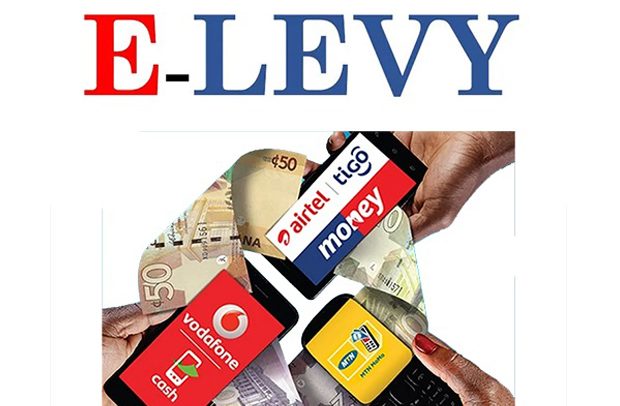THE CENTER for Economics Finance and Inequality Studies (CEIS) has indicated that the country would have generated about GH¢2.64 billion if the Electronic Transaction Levy (E-Levy) were revised to 0.5 per cent and 54 per cent of the existing active users patronised ‘MoMo’ transactions.
The anticipated revenue from the E-Levy for 2022 was GH¢6.96 billion, which was later revised to GH¢4.5 billion and again to GH¢611 million.
The report revealed that based on the standard law of demand, if the relative price decreased from 1.5 per cent to 0.5 per cent, the quantity demanded of ‘MoMo’ transfers would increase.
Therefore, the government would have been better off reducing the E-Levy to 0.5 per cent instead of the present 1.50 per cent.
The report also forecasted a 21.4 per cent rise in the total revenue from E-Levy to about GH¢3.20 billion in 2023 and about GH¢3.63 billion in 2024.
“In 2024, we expect the projected revenue to reach GH ¢3.635 billion. The forecasted revenue is expected to reach GH¢4.043 billion by 2025 which will be greater than the government’s expected revenue for the same period,” the report said.
It warned that keeping the E-Levy rate at 1.5 per cent would deprive the government from generating more revenue from the tax.
Avoiding E-Levy
It also indicated that many people were avoiding the payment of E-Levy.
It cited an example that in many commercial transactions, the parties involved negotiated based on a “gentleman’s agreement” where the sender deposited cash into the wallet of the receiver through a “Mobile Money” merchant account to avoid the payment of its corresponding E-Levy charge.
It said the E-Levy was a good tax handle that must be maintained considering the dire fiscal stance of the country.
It, however, added that the initial revenue estimate of GH¢4.5 billion at 1.5 per cent was overambitious and had the potential of negatively affecting Ghana’s Cash-Lite Agenda.
Again, it said the strategy of using the E-Levy as a conduit to get the informal sector to contribute to national revenue had failed, as the informal sector was the most active group exploiting the current E-Levy loopholes.
Similarly, it said the growth in the number of active mobile money agents had been on a decline.
However, the growth rate for the active agents has been higher compared to the active mobile money customers.
By Jamila Akweley Okertchiri


